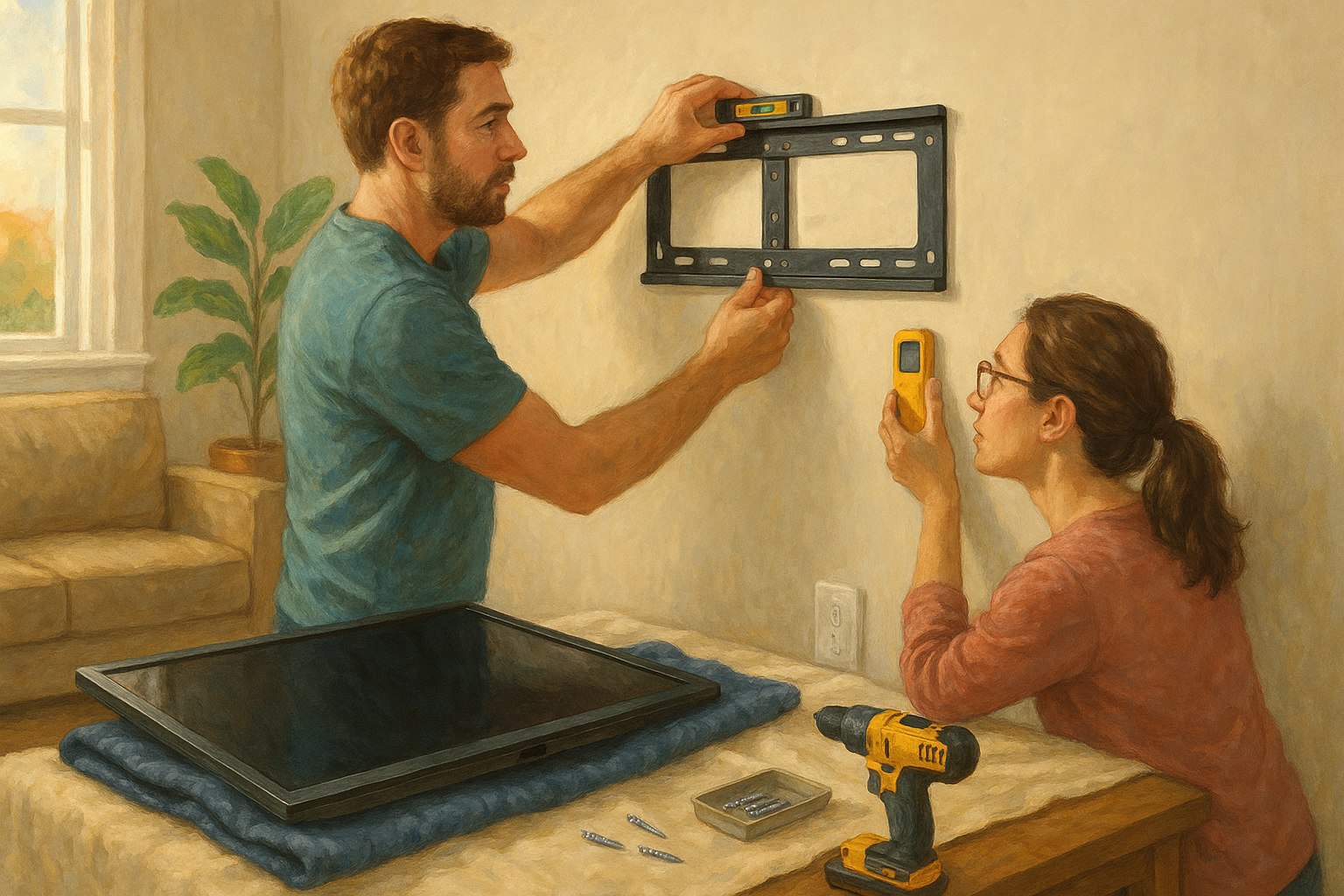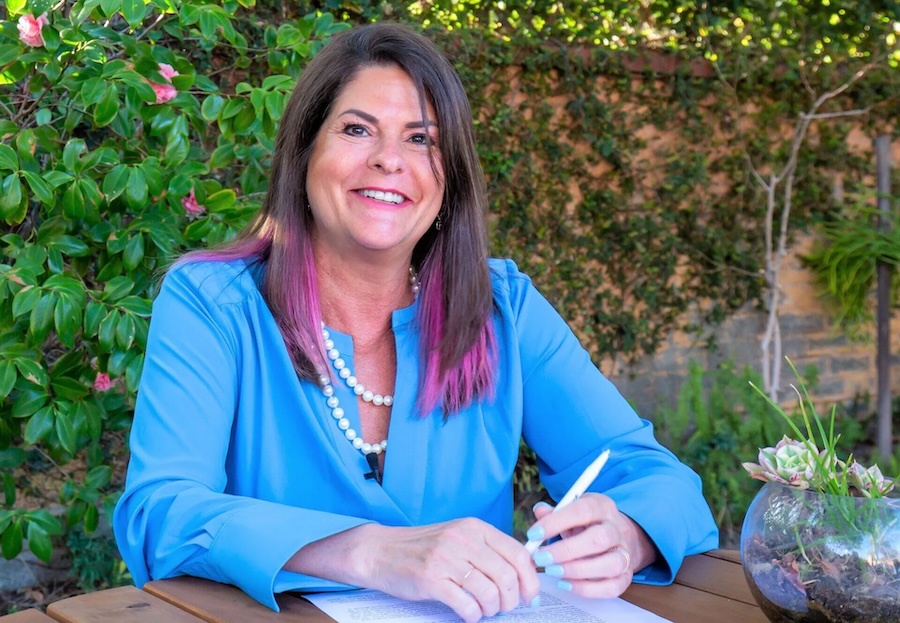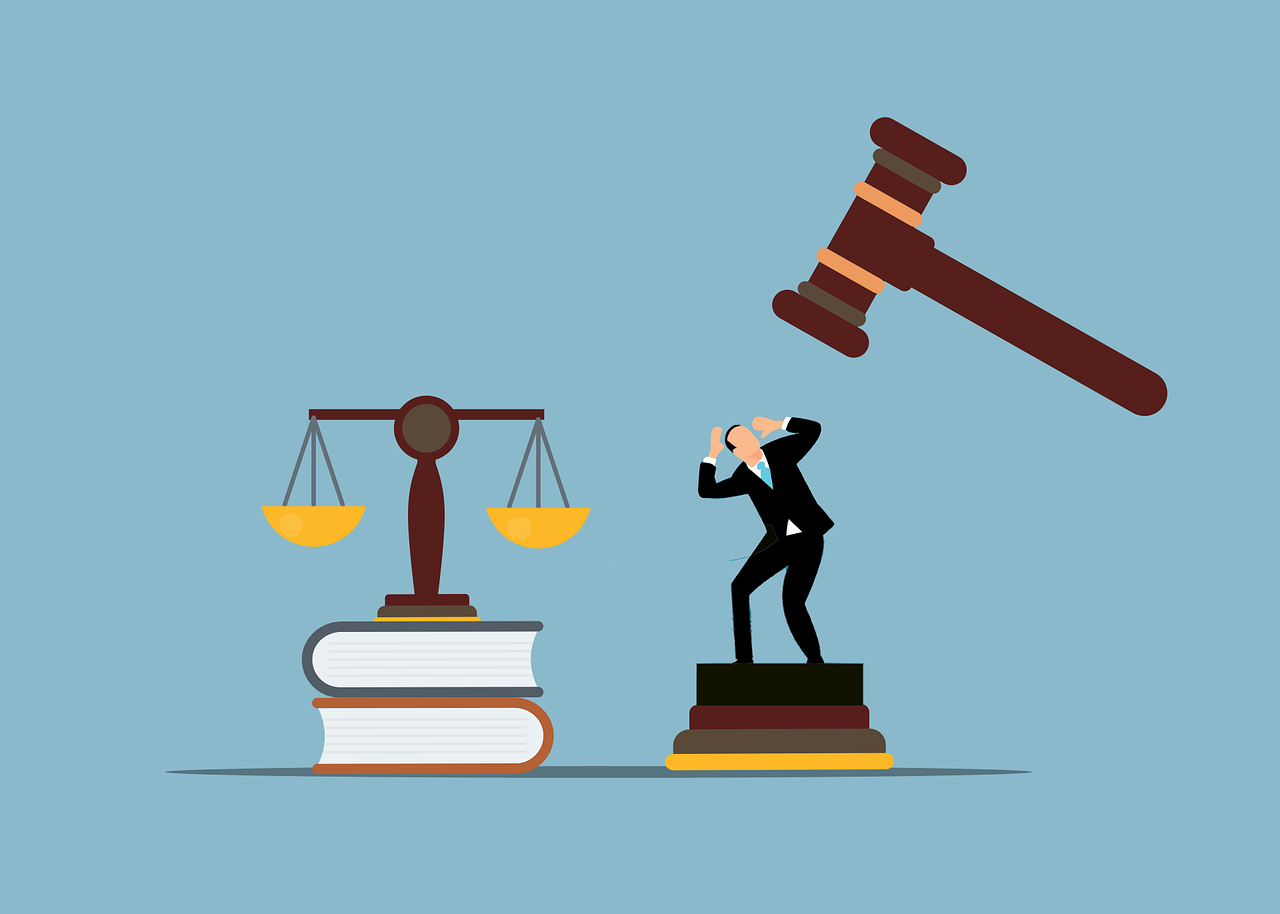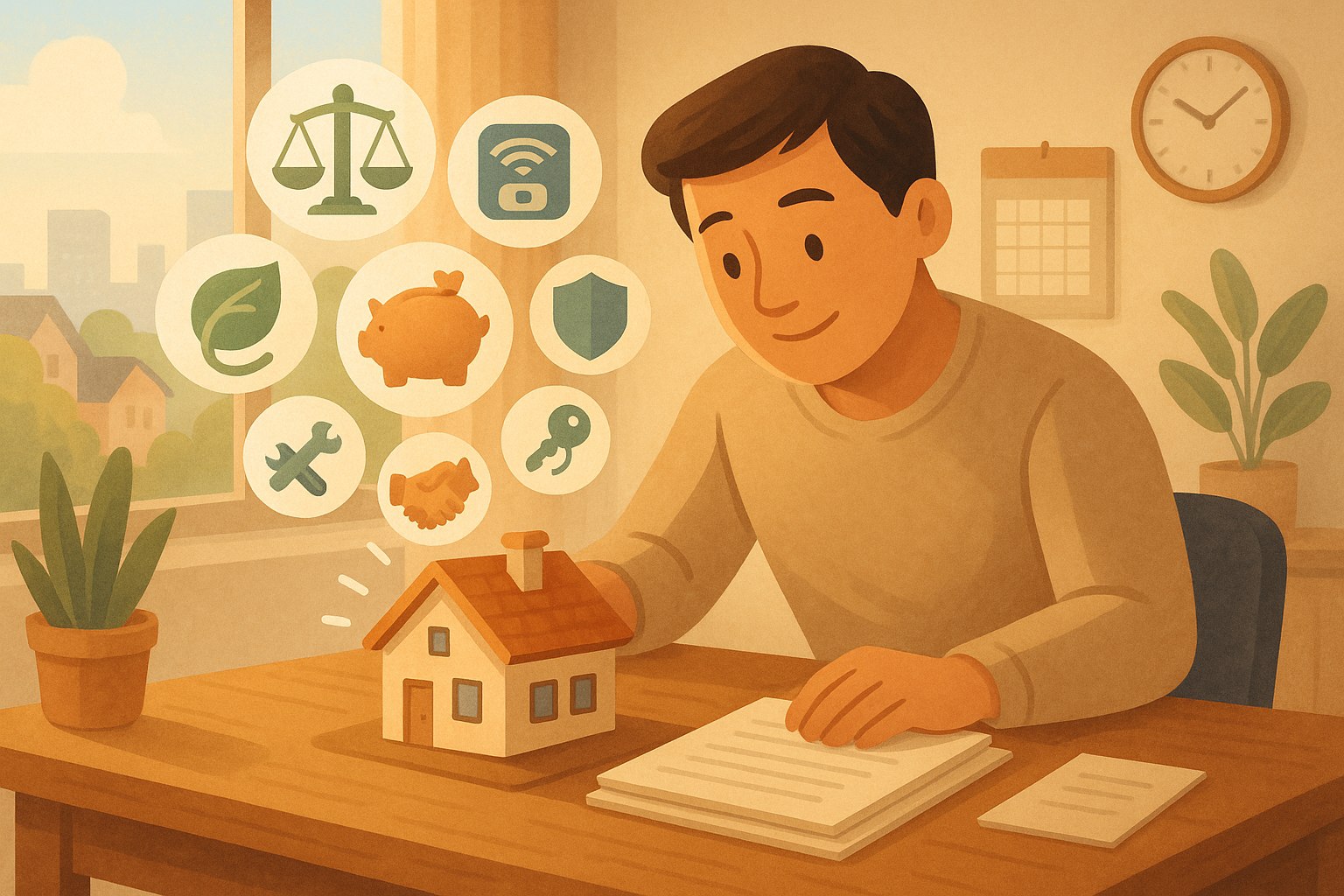Be an ethical landlord

In return, an ethical landlord enjoys the benefits of happy renters who are more likely to treat the property with care and respect…and stay longer. And that’s good for business.
An ethical landlord has a mission: to supply comfortable and safe housing for a fair price. Here are the traits and practices you should adopt if you want to take this mission seriously.
1. Be accessible and responsive
Whether it’s noisy neighbors, a plumbing leak, or a fallen tree, problems happen. When one arises, renters need to know whom to call. And when they make the call, someone should answer. An ethical landlord will rarely have renters say, “I’ve been trying to get hold of the landlord, but no luck.” Even if it’s a problem you can’t fix immediately, such as rude neighbors, make it clear that you’ve heard your renters’ concerns, and you’ll take appropriate action.
Related:
3 must-learn landlord communication lessons
How to handle noise complaints from neighbors
Noisy neighbors drive me crazy. Now what?
2. Do maintenance right away
When things go wrong, renters’ lives are affected until those problems are fixed. An ethical landlord takes care of problems, whether they are leaks or toilet clogs, as soon as possible. If you can’t respond yourself, have a professional relationship with a local maintenance contractor who can respond on your behalf. It’s not a bad idea to develop a network of tradespeople to ensure that one contractor’s full schedule doesn’t prevent repairs from happening quickly.
Related: How to build a little black book of contractors
3. Set clear boundaries, but be flexible
Tenants have the right to enjoy your property, but they should never lose sight of the fact that it’s yours. The best place to assert this is in the lease, where you spell out your preferences and any rules you want tenants to follow. They’ll appreciate learning these rules before they sign the document, rather than after they’ve become settled.
An ethical landlord recognizes that life is unpredictable and can bend the rules when the situation calls for it. As the saying goes, “stuff happens.”
Related:
Compassion after the storm: Four ways to be there for tenants
7 extraordinary lease clauses I can’t live without
4. Be fair with money
You’re trying to run a business, but don’t gouge people. Besides, if your rents are too high, you’ll probably have difficulty renting your place. Research rental prices so you know what your property is worth on the rental market. A great tool for doing this is a Cozy Rent Estimate report. Set prices in a way that keeps you in the black without creating hardships for your renters.
Charge a security deposit—that’s standard practice—and return it in a timely manner to renters who fulfill the requirements for getting it back. If you need to keep some or all of it, give tenants’ an itemized list of charges.
Related: How to set the perfect rent price for your rental properties
5. Keep good records
When disputes arise over the condition of appliances or structural issues, you’ll be on firmer ground if you have clear records. Those records should include the dates when appliances were bought or serviced, dated statements from property inspectors, and invoices from maintenance and repair pros. When in doubt about whether damage is due to normal wear and tear or to renters’ negligence, those records can help avoid “your word against theirs” scenarios and keep you on the moral high ground. Besides maintenance history, your records should include a move-in checklist.
Related: 10 documents every landlord should keep on file
6. Keep renters in the loop
Good communication involves more than just being responsive. You should also be proactive when you become aware of issues that will affect renters in the future. Whether it’s a hike in the gas bill or the rent or an impending improvement project, renters appreciate knowing about it as far in advance as possible so they can be prepared.
7. Respect privacy
An ethical landlord doesn’t place property ownership above respect for privacy. Local laws may allow you to enter a renter’s home to perform inspections or repairs, but you should never do so unannounced. Make an appointment. That way, renters can be prepared for you, and they won’t feel violated.
Related: Can a landlord enter the property whenever they want?
8. Be careful with private information
When renters sign the lease, they entrust you with sensitive information, such as Social Security numbers. Abusing this information or losing it through carelessness is a violation of privacy, even though you may do it inadvertently. Taking care of that information by storing it safely, and using it only when necessary, shows your respect for privacy. If you keep the information on a computer, make sure the files are protected by a firewall. Better yet, store sensitive files on an external drive.
In a nutshell
When landlords maintain high ethical standards, it’s a win-win-win for landlords, renters, and the community at large. Not to mention it’s also good for business.







